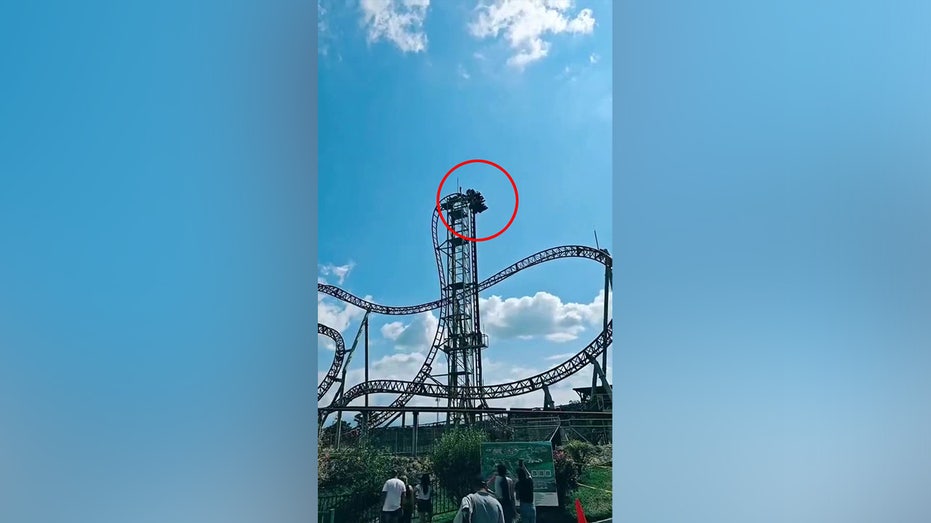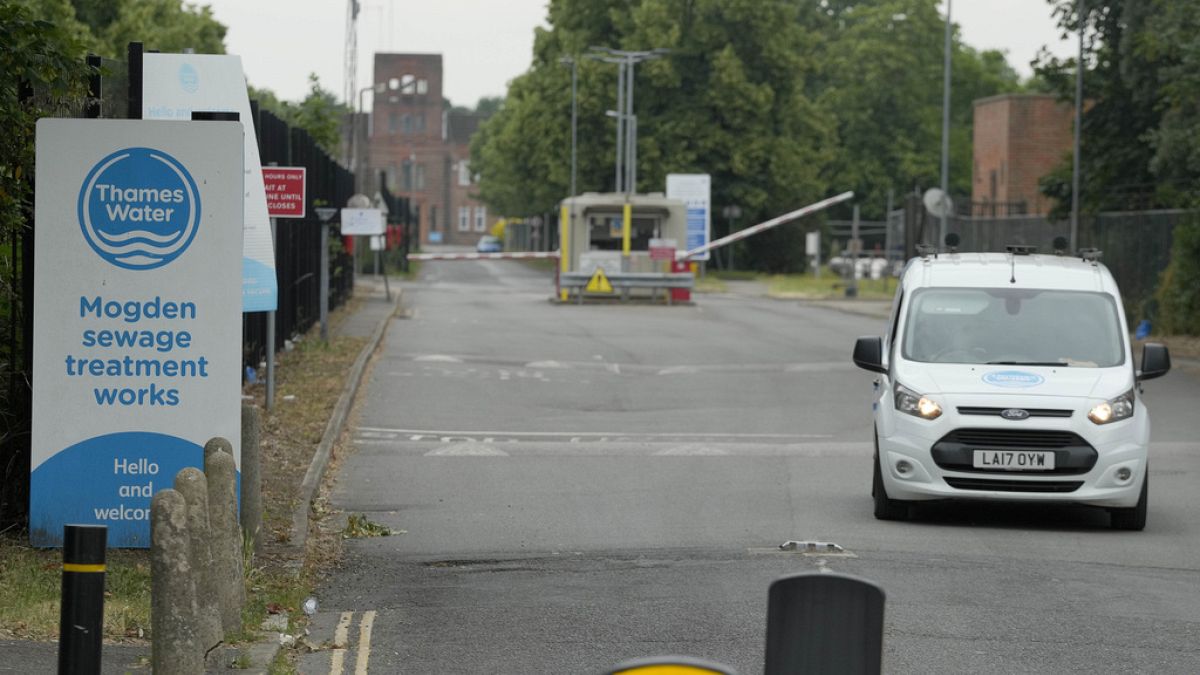Roller coaster riders stuck 100 feet in air as ride breaks down: video
A high-octane rollercoaster in Colombia got stuck on Wednesday, leaving several riders trapped nearly 100 feet in the air for half an hour, terrifying footage shows.

Several riders were left trapped nearly 100 feet in the air on a roller coaster in Colombia on Wednesday when their high-octane ride broke down, terrifying footage shows.
The ride had just started and was going up a steep vertical incline when it jammed, leaving the riders sitting anxiously with their seats facing up toward the sky.
Distressing video shows the six adults and one child stuck on the roller coaster, named Krater, just before it reached the summit at the Parque del Café, in Montenegro, west of Bogotá. The roller coaster train car is supposed to reach the top and then free-fall through several twists, turns, and loops.
MAN CLIMBS CALIFORNIA FERRIS WHEEL CLAIMING TO HAVE BOMB, FORCING EVACUATION OF SANTA MONICA PIER
Two workers can be seen going up on a service lift to rescue the frightened riders, the footage shows.
In another video posted online, two rescuers can be seen standing at the top of the ride, apparently comforting the riders. There were no reported injuries.
Following the incident, a park spokesperson reiterated its commitment to public safety and praised the actions of the emergency workers who took part in the rescue, according to the Mirror.
BOY, 6, FALLS OFF FLORIDA ROLLER COASTER FORCING AMUSEMENT PARK TO CLOSE RIDE
Krater is the park’s main attraction and opened in late 2014, according to the roller coaster tracking database RCDB. It is 100 feet high and can reach speeds of up to 52 mph.
A similar type of incident happened to riders at a Universal Studios Florida Theme Park roller coaster in Orlando on Thanksgiving night when they were stuck for nearly an hour in a vertical position on the 167-foot-high Rip Ride Rockit. There were no injuries.
In July, eight roller coaster riders were stuck upside down on a carnival ride at a Wisconsin festival for at least three hours before first responders rescued them safely.
What's Your Reaction?
















